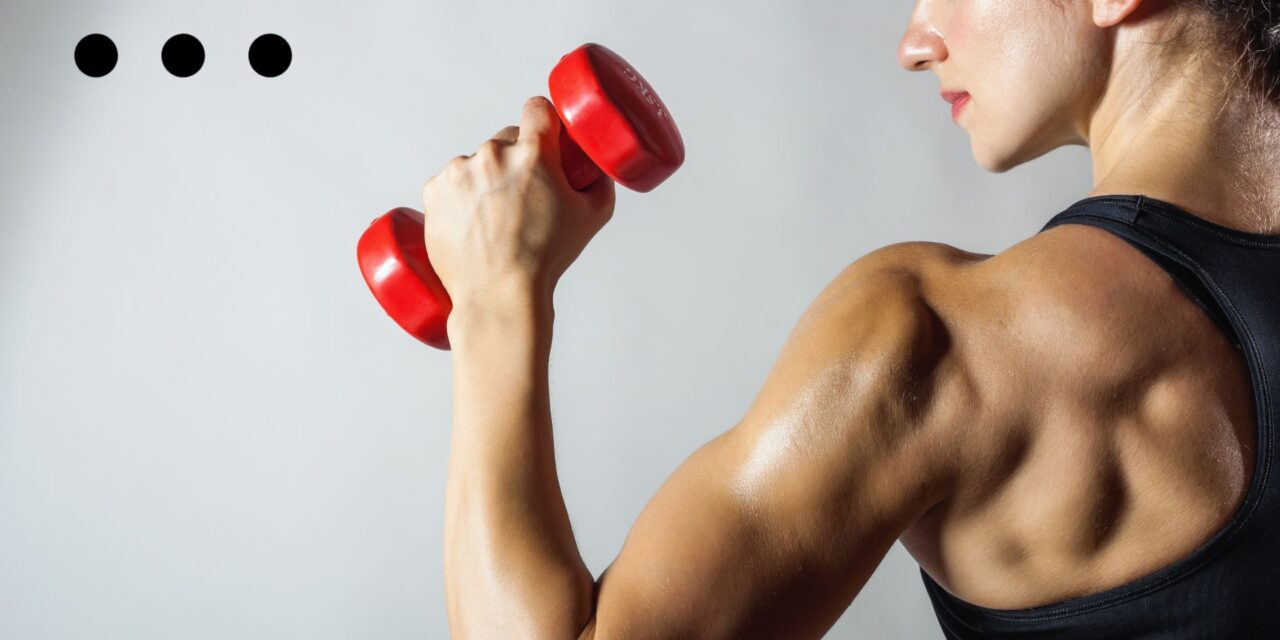Here’s the skinny on mixing alcohol and exercise: it’s pretty much always a terrible idea. There are no good outcomes. The only thing worse than indulging in a boozy beverage before a sweat session is drinking before one. Drinking alcohol can impede hydration, hurt protein synthesis, and easily undo your workout thanks to the many empty calories (and because odds are you didn’t burn as many calories as you thought you did.)
In short, if you are working out with any sort of fitness goal in mind, drinking alcohol before, during, or shortly after exercise says ‘bye-bye’ to making gains. Mixing alcohol and exercise is one of the most effective ways to tank your fitness performance and progress.
3 Major Effects of Alcohol on Fitness
Reduced endurance and performance
Alcohol hurts your body’s ability to fuel itself which negatively impacts both cardio performance and strength performance. When you drink alcohol, the liver focuses its energy on breaking down alcohol rather than producing blood sugar. These sugars are the primary fuel source for your cells (and the brain), therefore directly affecting your endurance. Simultaneously, alcohol inhibits cell production of adenosine triphosphate (ATP). ATP is the main energy source for the muscles which means your ability to lift, sprint, and otherwise exert yourself will be limited.
Slows the recovery process
Alcohol slows the natural recovery process from your workout in all sorts of ways, from keeping cortisol levels elevated to inhibiting protein synthesis. It can also directly impact recovery from injuries by interfering with the body’s regenerative signals and increasing inflammation.
Reduces the rate of muscle protein synthesis
Protein is the building block for muscles and also is directly affected by alcohol consumption. One study found consuming alcohol reduces muscle protein synthesis by up to 37%. Alcohol does this by interrupting the signals for protein building and inducing insulin resistance, which helps foster muscle growth and repair by helping muscles absorb carbohydrates for fuel.
Can drinking alcohol and exercising cause long-term harm?
No, consuming alcoholic beverages before or after exercise has not been shown to cause long-term negative effects, nor does it have a significantly negative impact on muscle recovery. While the combination itself isn’t necessarily harmful, alcohol consumption on its own can cause several physiological changes that significantly, and sometimes irrevocably, hurt physical fitness and health.
Risk #1: Muscle disorders
One such consequence is alcohol-related myopathy, a skeletal muscle disorder resulting in muscle weakness. Even a single binge-drinking session can result in acute myopathy; temporary muscle weakness for about 1-2 weeks. reduced skeletal muscle Alcohol abuse can also exacerbate muscle loss that comes with age — significantly increasing the risk of a potentially fatal fall.
Risk #2: Long-term weakness
Alcohol consumption has also been shown to cause molecular changes that negatively affect strength. In the short term, consuming one standard alcoholic beverage resulted in decreased peak strength for up to 60 hours. As for the long term, one study compared the strength of individuals with a history of alcohol abuse compared to those with no history and found that the former group was significantly weaker than their counterparts even after a five-year abstinence period.
Risk #3: Lactic acid build-up
Muscles burn sugar during exercise; the byproduct of this reaction is lactic acid. Lactic acid is an important source of fuel for muscles and signals the immune system to prepare to heal injuries and wounds. Having too much lactic acid, however, can be dangerous. Lactic acidosis is a condition where the body is essentially poisoned by lactic acid and can be fatal. Many of the symptoms can directly impair physical exercise. These include exhaustion or extreme fatigue, muscle cramps or pain, weakness, and overall feelings of physical discomfort.
To perform to the best of your abilities, it’s best not to drink alcohol in the 48 hours before sporting activity. But if you do consume alcohol in this period, keep it to 1 or 2 units and drink lots of water to help keep you hydrated. If you must drink after working out and have a choice of liquor or beer, beer is usually the better option. For one, the body relies on carbohydrates and protein to recover. Everyone knows beer has plenty of carbs, it’s practically a slice of pizza in a glass, but beer also has electrolytes.
It’s not often that something is entirely good or bad or bad for you, but there isn’t a single positive outcome that comes from mixing alcohol and exercise. Cutting alcohol out of your life entirely can yield far-reaching health benefits beyond strength and weight loss. If you’re interested in quitting alcohol, get professional help from a local alcohol rehab near you.

